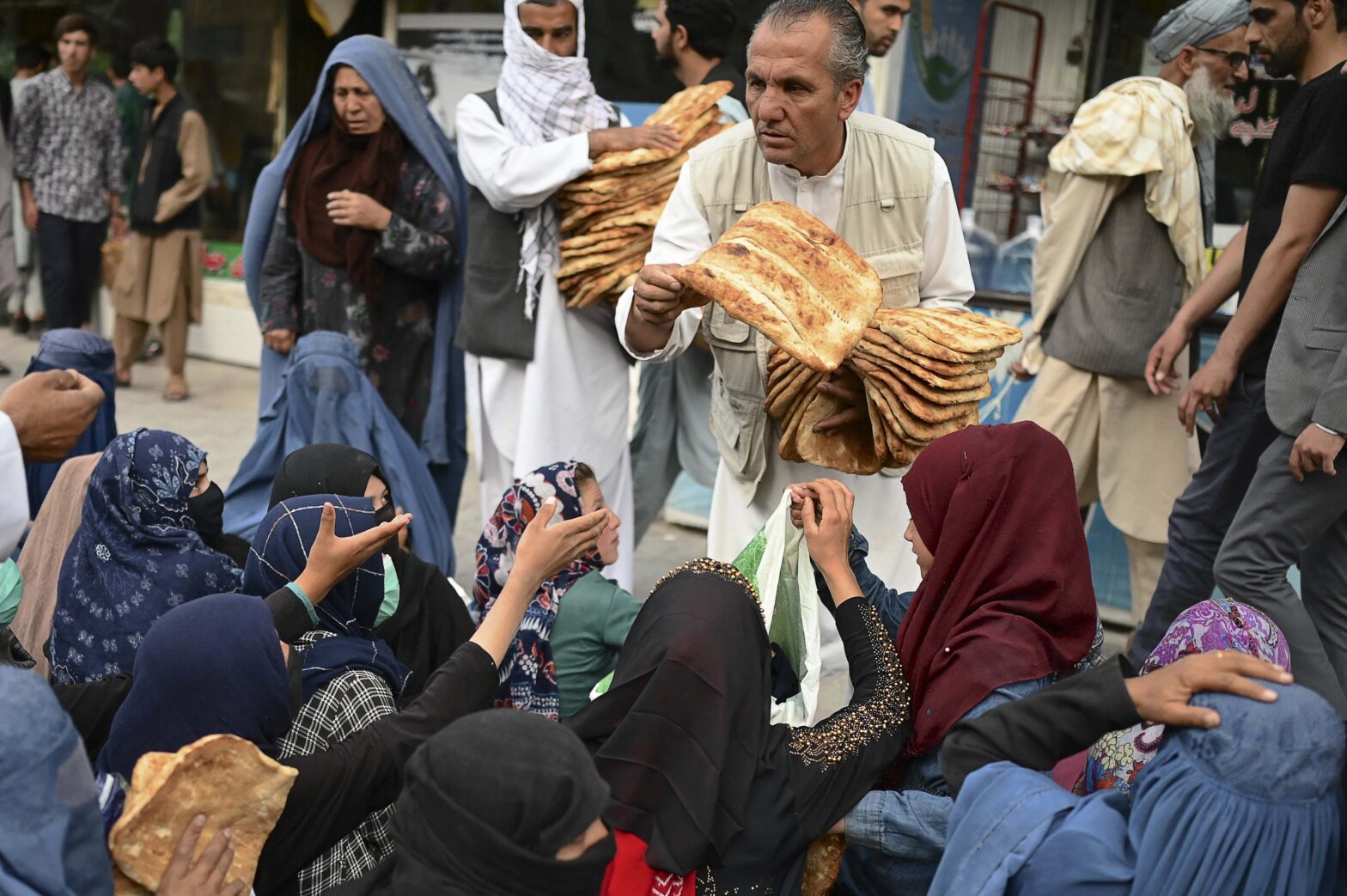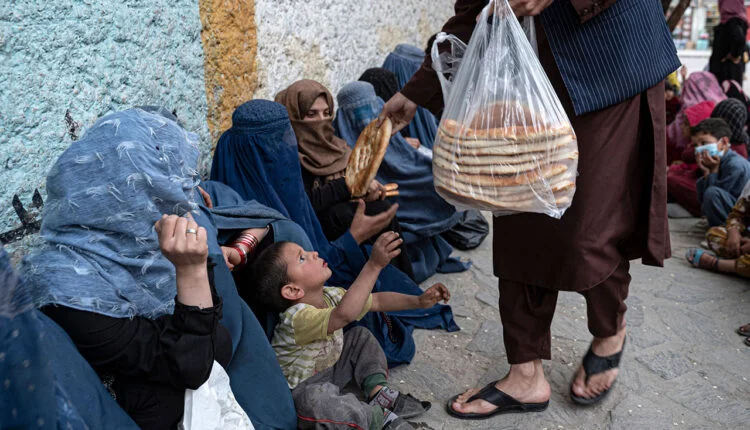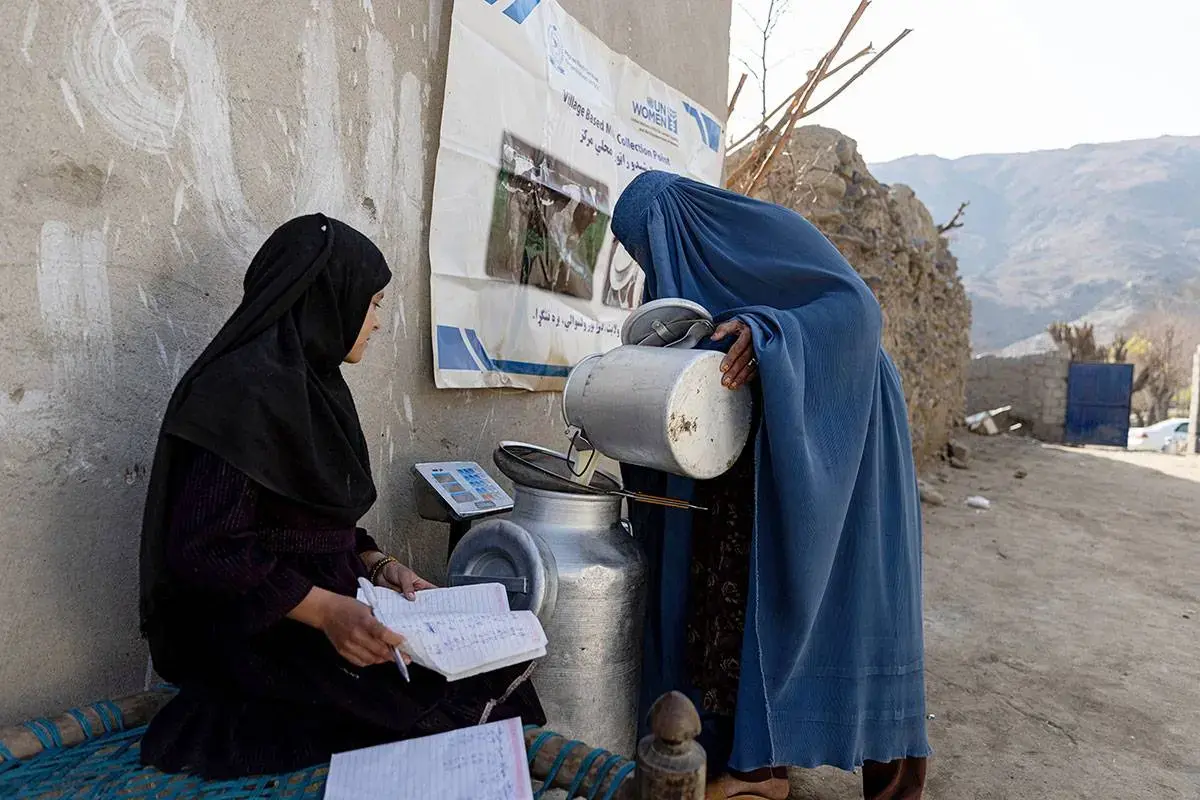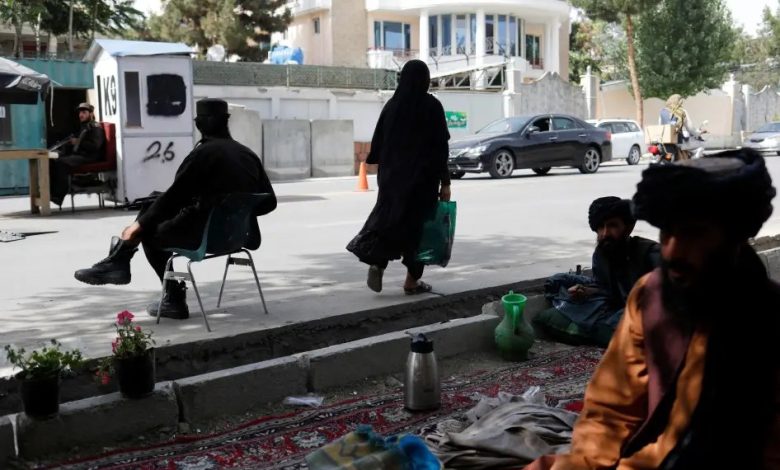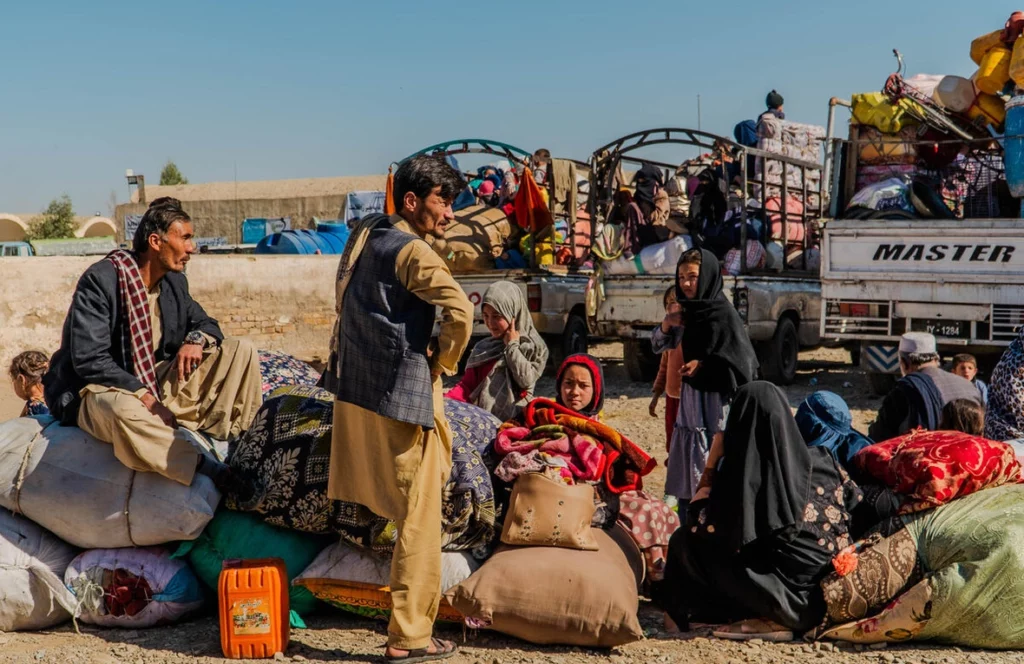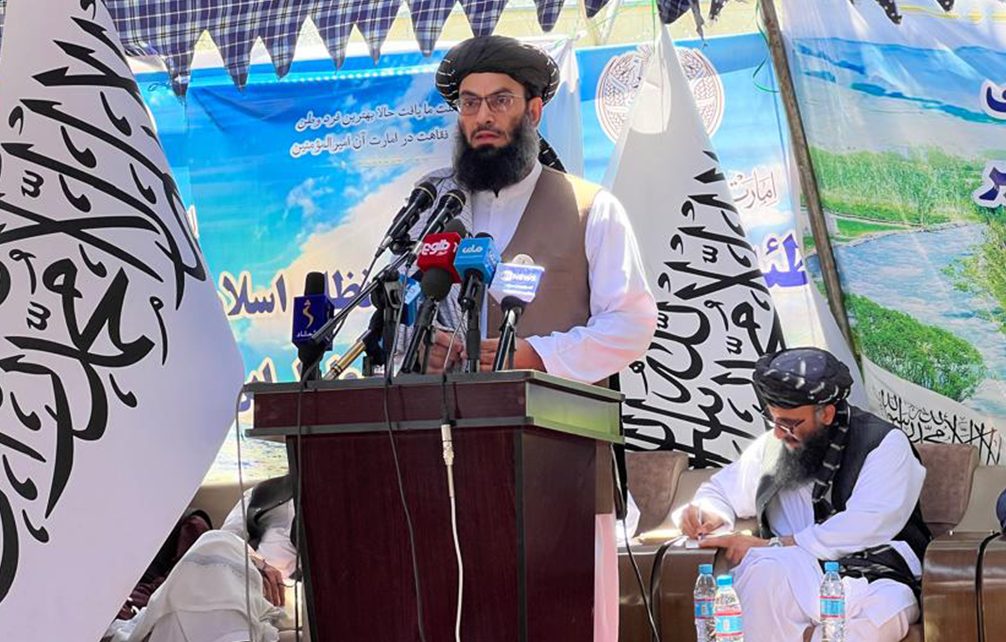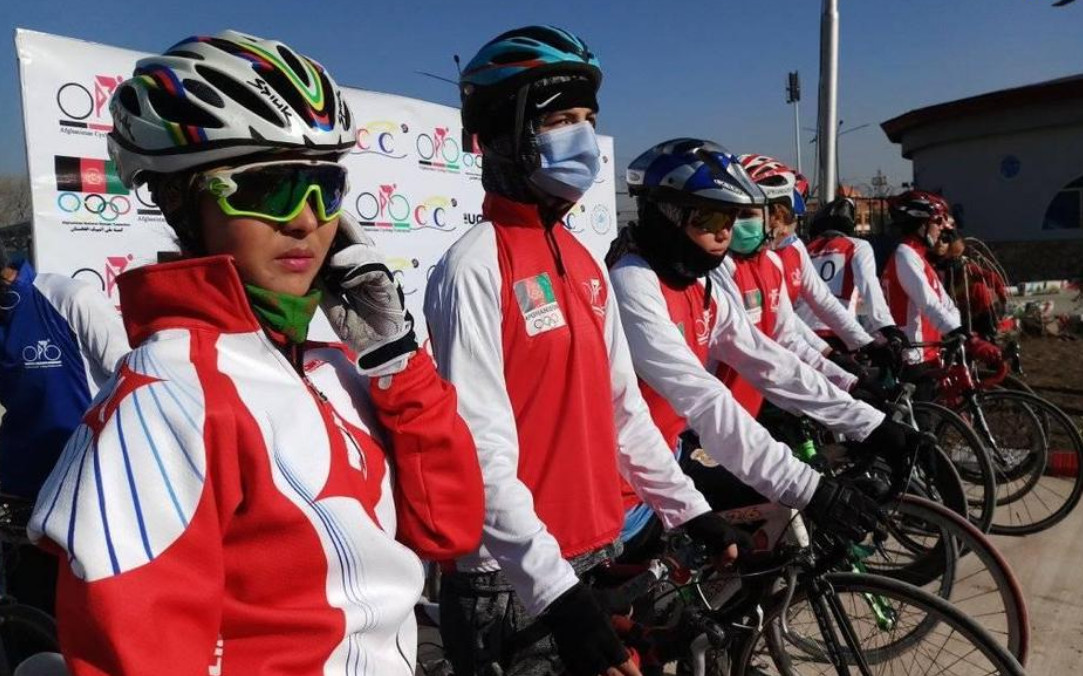
The International Cycling Union (UCI) has recently announced that, in collaboration with France, it will hold a special race for Afghan female cyclists on the sidelines of the World Championships in France, as a gesture of solidarity with the women of Afghanistan. According to a statement from the UCI, the event will take place from June 26 to 28 this year, during which Afghan female cyclists will ride a 115.5-kilometer route— the same course used by French athletes. The UCI emphasized that the individual time trial, covering 26.5 kilometers with a 400-meter elevation gain, will be held on Thursday, June 26. The road race, spanning 115.5 kilometers with a 1,540-meter elevation gain, is scheduled for Saturday, June 28. The statement noted that five Afghan athletes—Fariba Hashimi, Zahra Rezai, Samira Ahrari, Mehnaz Mohammadi, and Yulduz Hashimi—will participate in these races. It is important to mention that these Afghan athletes are not part of the official world championships, but rather will be competing for the title of Afghanistan Women's Cycling Champion 2025. According to the UCI, Fariba Hashimi—winner of the 2022 Afghanistan Women’s Cycling Championship in Switzerland and one of the five cyclists competing this year—has vowed to defend her title with full determination. "I am ready to defend my championship title," Ms. Hashimi said. "Of course, I hope to win again, but I also hope this event will be an opportunity for other athletes to shine." The statement also quoted David Lappartient, President of the UCI, who said it is “an honor” to once again see the best Afghan female cyclists competing for their national title. This comes at a time when, following the return of the de facto government to power, women and girls in Afghanistan have been completely banned from participating in all sports, and the Afghan national women’s sports teams have been dismantled. As a result, many female athletes who once represented Afghanistan on the national level have been forced to leave the country.


